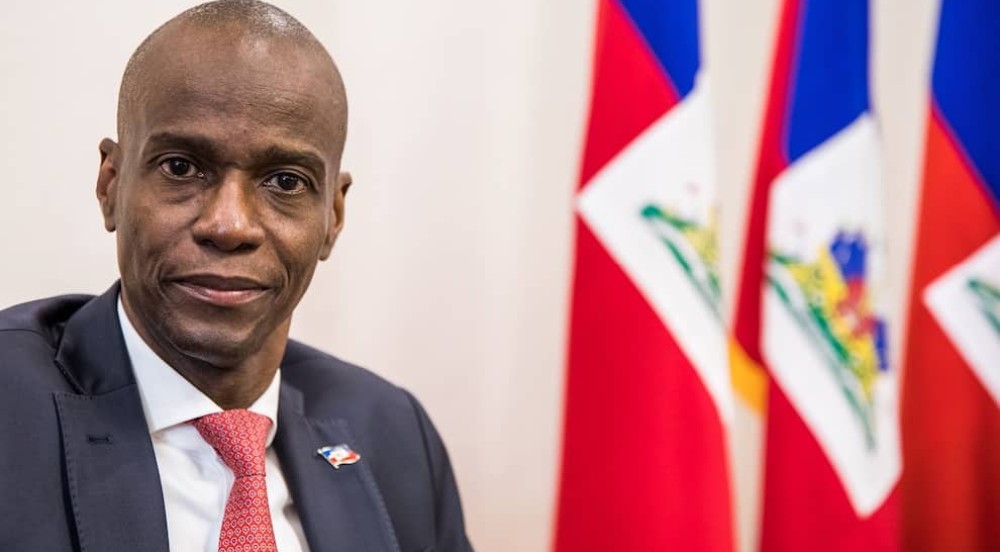Early Wednesday morning, President Jovenel Moïse of Haiti was assassinated at his private residence in the nation's capital city Port-au-Prince, according to the New York Times. In the attack, the First Lady, Martine Moïse, was also shot but she’s in stable condition, Interim Prime Minister Claude Joseph said in a statement.
“A group of unidentified individuals, some of them speaking Spanish, attacked the private residence of the president of the republic and thus fatally wounded the head of state,” the prime minister’s statement read. “But there was little solid information about who might have carried out the assassination.”
Joseph said that the president had been “cowardly assassinated,” but that the murderers “cannot assassinate his ideas.” Also, he called the murder a “hateful, inhuman and barbaric act.”
One resident, who lives near the president’s home, spoke anonymously about hearing the attack, reports the Associated Press.
“I thought there was an earthquake, there was so much shooting,” the woman explained. “The president had problems with many people, but this is not how we expected him to die. This is something I wouldn’t wish on any Haitian.”
Moïse, who was 53, was elected in 2017 after a lengthy and highly contentious election process that was riddled with numerous delays and accusations of voter fraud. An entrepreneur, who never held a political position, he was chosen by the country's previous president Michel Martelly, who resigned in 2016 without a plan of succession.
With Moïse’s death, a succession plan for the county’s next leader is unclear, the Haitian Times reports.
Haiti’s current 1987 constitution states that the vice president of the court, who is the next-highest ranking official on the court, would be granted all the powers of the presidency on a temporary basis. However, the 1987 Constitution states that the National Assembly needs to confirm the appointment.
When Haiti’s parliament was dissolved in January 2020, Moise was leading the nation by executive decree since then.
Didier Le Bret, a former French ambassador to Haiti, had hoped that Moïse would be able to inject a new spirit of leadership in the country. But now, the nation is filled with uncertainty in the aftermath of the president’s death.
“There is no more Parliament, the Senate is missing for a long time, there’s no president of the Court of Cassation,” Le Bret said, adding of Joseph: “Everything will rest on him.”
Despite the tumultuous events and the political upheaval that will result in the wake of Moïse’s asassanation, Joseph called on Haiti to “stay calm” and said he would address the nation later in the day.
“The country’s security situation is under the control of the National Police of Haiti and the Armed Forces of Haiti,” he said “Democracy and the republic will win.”













